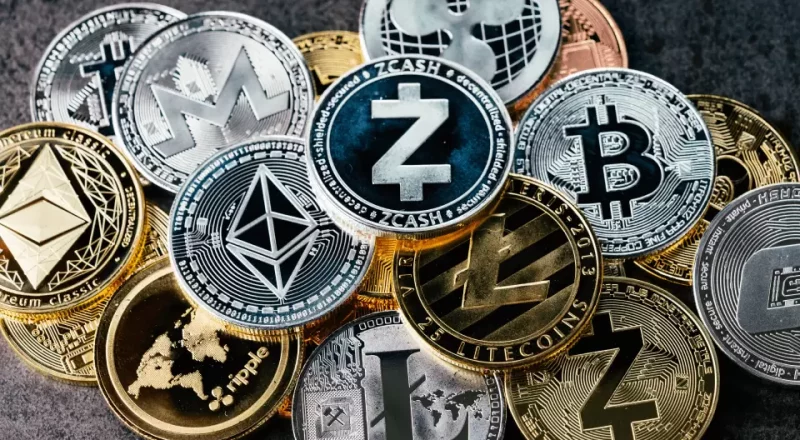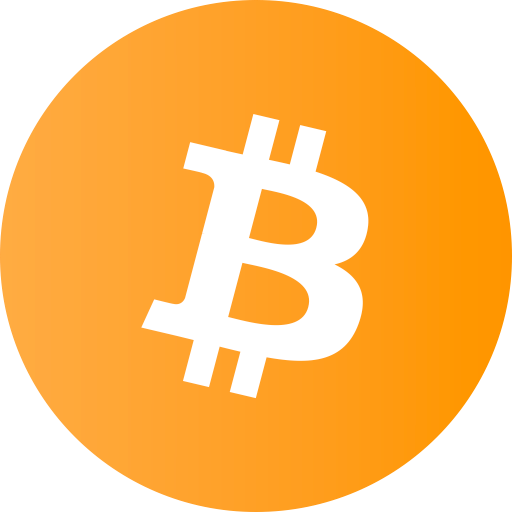Cryptocurrency: what is it?
Cryptocurrencies such as Bitcoin, Ethereum, and Ripple are only imaginary. Virtual currencies, like money in your bank account, do not exist in the physical world. The difference between your money in the bank and your money in your pocket is that you can always convert your account numbers to cash. Because cryptocurrencies only exist in digital form and are not deposited with a bank, this is not possible.
Read more about Bitcoin
Virtual currencies do not necessitate the use of a bank. The so-called blockchain is the sole place where a transaction can take place. The blockchain is the only cryptocurrency system that allows trading and all virtual currency transactions. Cryptocurrencies vary from traditional payment methods in that they operate without the involvement of banks. The cash in your wallet or bank account, on the other hand, is always a certified debt that the bank must redeem from you.
Owning a dollar, for example, used to imply that the owner might exchange it for gold at any time at a bank. However, in the 1920s, the “gold standard” that fixed this value was removed. Today, central banks and governments guarantee the value’s preservation. Money always has a monetary value associated with it. This protection does not apply to cryptocurrencies at all. It is also seen as the greatest risk by critics.
The comparable value of a fully digital money is determined only by confidence in a common network: the blockchain. Every digital currency’s core instrument and base is blockchain. Using complicated arithmetic processes, each transaction is encrypted and concatenated into so-called data blocks. These are kept in a decentralized manner and can be accessed by anyone.
The blockchain offers a significant benefit in terms of security. The created data blocks for cryptocurrencies are kept on many computers. For the entire network, each user becomes a backup (chain). If someone wants to mess with this system, they’ll have to hack almost every computer that’s part of the blockchain. This is impractical, especially with huge blockchain associations like the Bitcoin blockchain, which have millions of participants.



